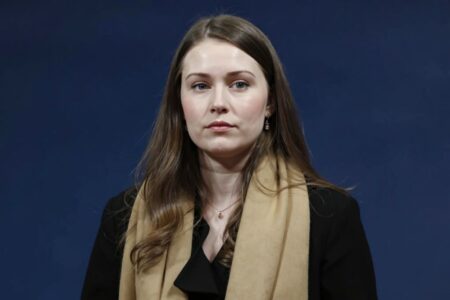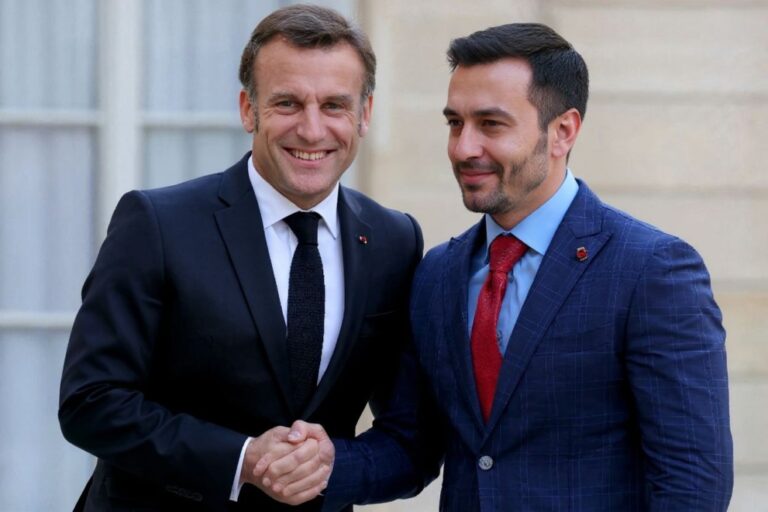
Does the type of degree you pursue play a strong role in shaping your political career? By looking at the academic credentials of some of our current world leaders, the answer would be a “no”.
Despite that, academic credentials are held in high regard for people in high state offices. Law and political science seem like the subjects most relevant to being a politician. However, most world leaders today come from a totally different field other than politics, like President Donald Trump, who is an economics undergraduate from the University of Pennsylvania.
Another misconception is that studying abroad makes for the best world leaders.
While studying outside of one’s country at an institution with state-of-the-art facilities and world-class faculty definitely has its benefits, many world leaders now come from local universities. After all, it is not the university that makes the student; it is their determination, hard work, and perseverance that shape them into world leaders.
If you are not convinced, we cover world leaders who studied locally – at some of their nation’s finest institutions – to prove our point. Of course, we’re biased to pursuing your education abroad, so you’ll find some world leaders who did just that below too:
4 world leaders who studied locally

Emmanuel Macron is the youngest president in French history at the age of 39.
Emmanuel Macron is the youngest president in French history at the age of 39.
France: Emmanuel Macron
President Emmanuel Macron became the youngest president in French history at the age of 39 in 2017. He studied philosophy at Paris Nanterre University and also completed his master’s in public affairs at Sciences Po and graduated from the École Nationale d’Administration (ENA), a former training ground for French leaders.
Sciences Po and ENA are prestigious French schools; according to ENA’s website, the school trains top-level civil servants to work in the French and foreign civil service and prepares them for their future responsibilities at national, European, and international levels.
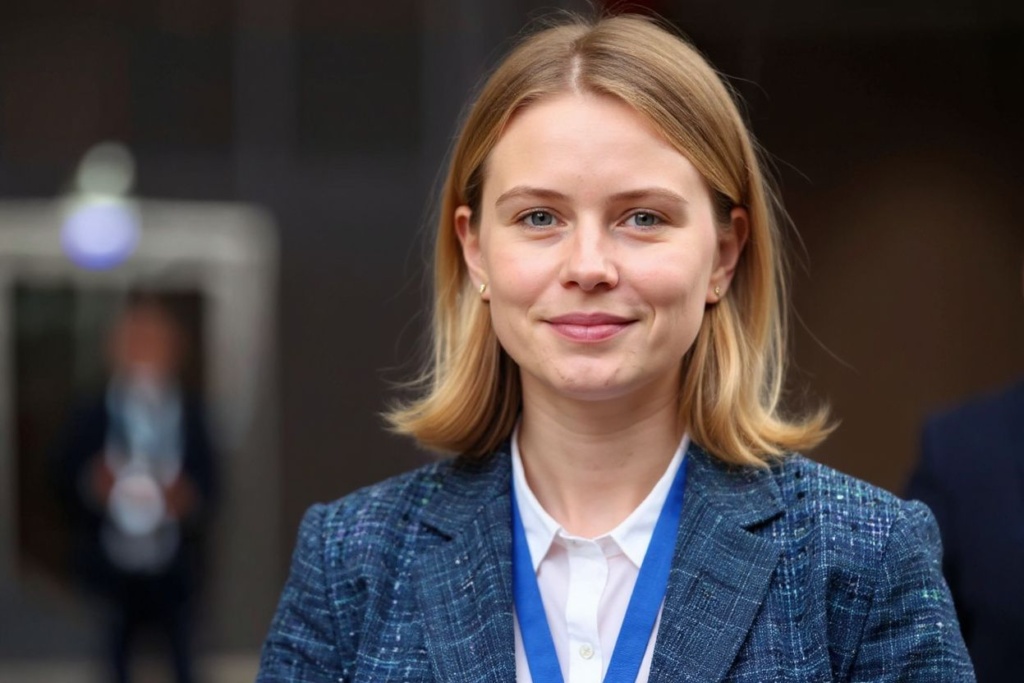
Denmark’s Prime Minister, Mette Frederiksen, is the youngest Prime Minister in Danish history.
Denmark’s Prime Minister, Mette Frederiksen, is the youngest Prime Minister in Danish history.
Denmark: Mette Frederiksen
Prime Minister Mette Frederiksen has been making headlines for postponing her wedding three times (albeit, finally tying the knot in July 2020), no thanks to the pandemic and the challenges and responsibilities that come with being the prime minister of a country.
More than making the news with her nuptials, the 47-year-old is the youngest Prime Minister in Danish history. She has a Bachelor of Administration and Social Science from Aalborg University, as well as a Master’s in African Studies from the University of Copenhagen.

In addition to President Xi, Tsinghua University has produced another president.
China: Xi Jinping
President Xi Jinping studied chemical engineering at China’s most prestigious Tsinghua University, which remains a top-ranked university in Asia and is currently ranked #12 in the world.
Although Tsinghua University is a relatively young addition to the world of elite universities, it has proven to cement itself as the best in the world, rivalling older institutions such as those in the Ivy League.
The university has produced two presidents to date, with ex-President Hu Jintao serving from 2003 to 2013, preceding him.
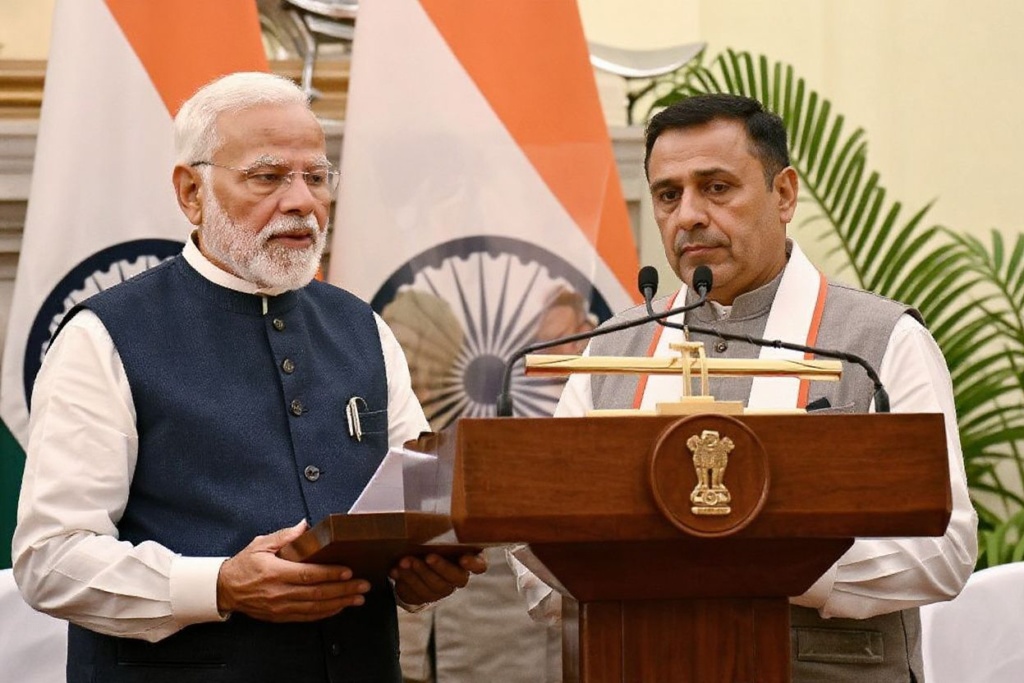
Prime Minister Narendra Modi graduated with a bachelor’s and master’s degrees in political science.
India: Narendra Modi
Indian Prime Minister Narendra Modi is an example of checking all the boxes to pursue a career in politics. He received a bachelor’s degree in political science from the University of Delhi and later earned a master’s degree in political science from Gujarat University – both of which have contributed to his current position.
However, controversies surround the authenticity of his degrees when local activists urged both universities to issue statements regarding his claim to have graduated from them. While Gujarat University has yet to come out with a statement, the University of Delhi has told the media that records had indeed been verified and that the Bachelor of Arts degree awarded to the president was authentic.
7 World leaders who studied abroad

At 35, President Daniel Noboa became the youngest president in 2023.
Ecuador: Daniel Noboa
Born in Miami, Florida, but raised in Guayaquil, Ecuador, President Daniel Noboa’s education is almost entirely from the US. In 2010, he graduated from the New York University Stern School of Business and later earned an MBA from the Kellogg School of Management at Northwestern University.
Noboa was 35 when he was elected president of the country, making him the youngest in Ecuador’s history.
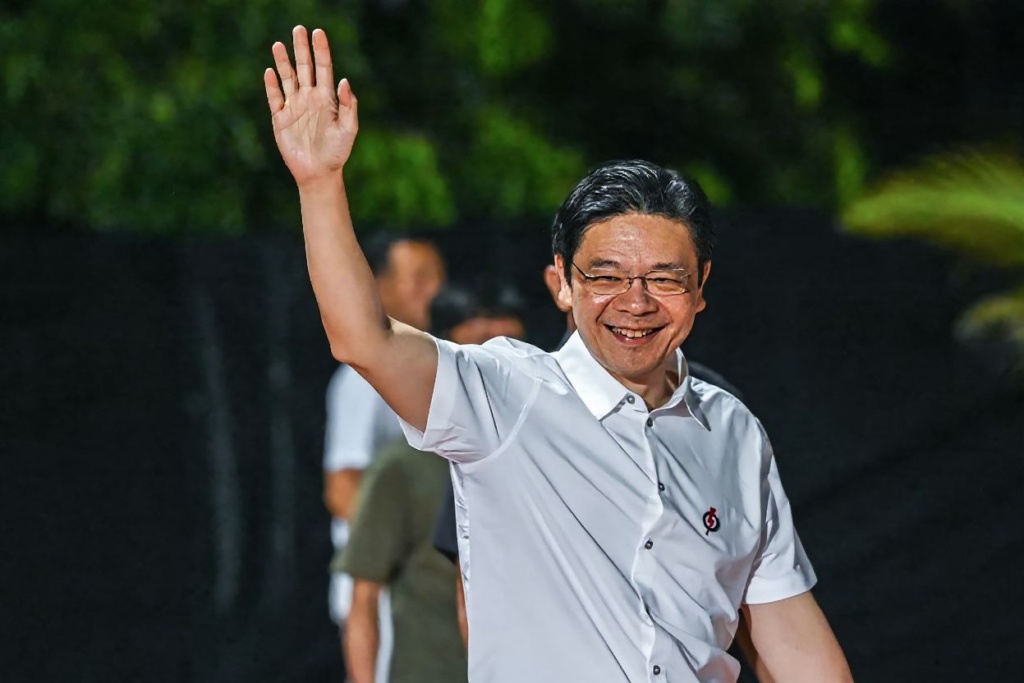
Prime Minister Lawrence Wong’s Master in Public Administration is probably what charted his path towards politics.
Singapore: Lawrence Wong
Like President Noboa, Singaporean Prime Minister Lawrence Wong received his education in the US. Starting from his bachelor’s degree in economics from the University of Wisconsin–Madison, to his two master’s degrees – one in applied economics from the University of Michigan, the other a Master in Public Administration (MPA) from Harvard University.
It is the latter master’s degree that probably charted his path towards politics. This is because an MPA typically prepares students with knowledge and skills for leadership roles in government, non-profit organisations, and public-related sectors.

President Halla Tómasdóttir was a business major.
Iceland: Halla Tómasdóttir
Halla Tómasdóttir was a business major before becoming the seventh president of Iceland in 2024. She studied business with a focus on management and human resources at Auburn University at Montgomery. She then attended the Thunderbird School of Global Management at Arizona State University and graduated with an MBA.
Not only that, she was part of the founding team of Reykjavik University, the largest private university in Iceland, which was established in 1998.
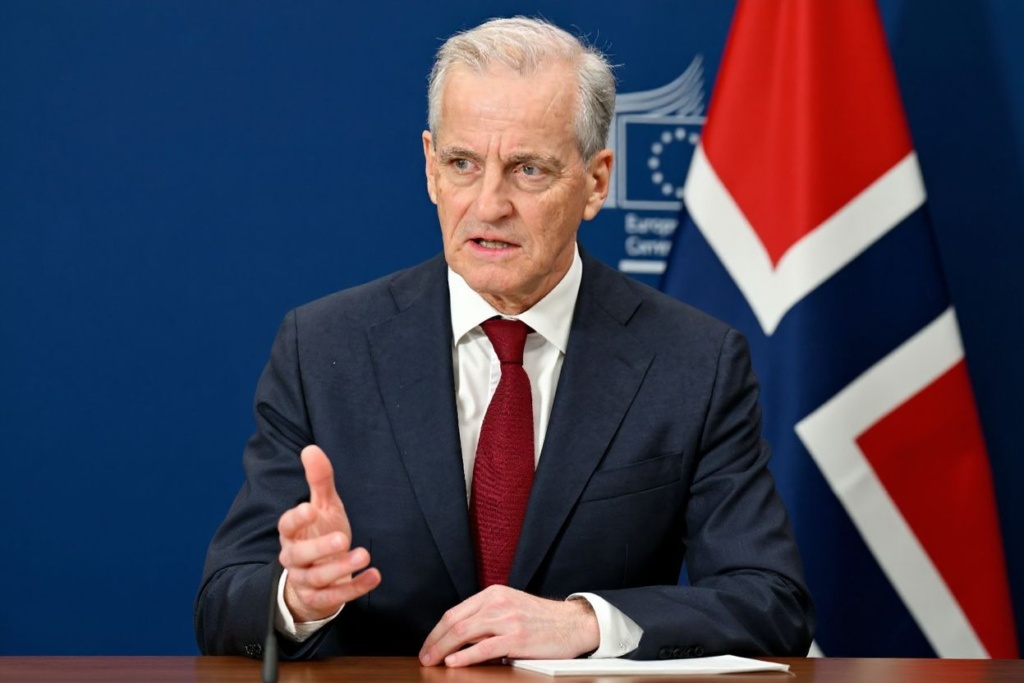
Prime Minister Jonas Gahr Støre briefly taught at Harvard Law School in 1986 on the theories and practices of negotiation and conflict resolution.
Norway: Jonas Gahr Støre
Who says a college dropout couldn’t be a world leader? Prime Minister Jonas Gahr Støre of Norway dropped out of the London School of Economics when he was just a few weeks into his PhD.
Before that, he was studying political science at Sciences Po for five years. He also briefly taught at Harvard Law School in 1986 on the theories and practices of negotiation and conflict resolution.

Muhammad Yunus the founder and managing director of Grameen Bank, which pioneered microcredit. Source: Wikimedia Commons
Muhammad Yunus
Muhammad Yunus is a Bangladeshi economist, social entrepreneur and the current Chief Adviser (head of the interim government) of Bangladesh.
He earned his PhD in economics from Vanderbilt University in the US, where he studied under a Fulbright scholarship before returning to Bangladesh to teach and work on poverty reduction.
Yunus is known for founding the Grameen Bank and pioneering the concept of microcredit, for which he was awarded the Nobel Peace Prize in 2006.
View this post on Instagram
Harini Amarasuriya
The current Prime Minister of Sri Lanka, Harini Amarasuriya, completed her undergraduate studies before going on to earn a PhD in Social Anthropology from the University of Edinburgh in the UK.

Hun Manet is a Cambodian politician who became prime minister in 2023, following in his father’s footsteps. Source: Wikimedia Commons
Hun Manet
Currently, the Prime Minister of Cambodia, Hun Manet, has academic accomplishments that include a PhD in Economics from the University of Bristol in the UK.
Before his doctoral studies, he graduated from the United States Military Academy at West Point and earned a master’s degree in economics from New York University.
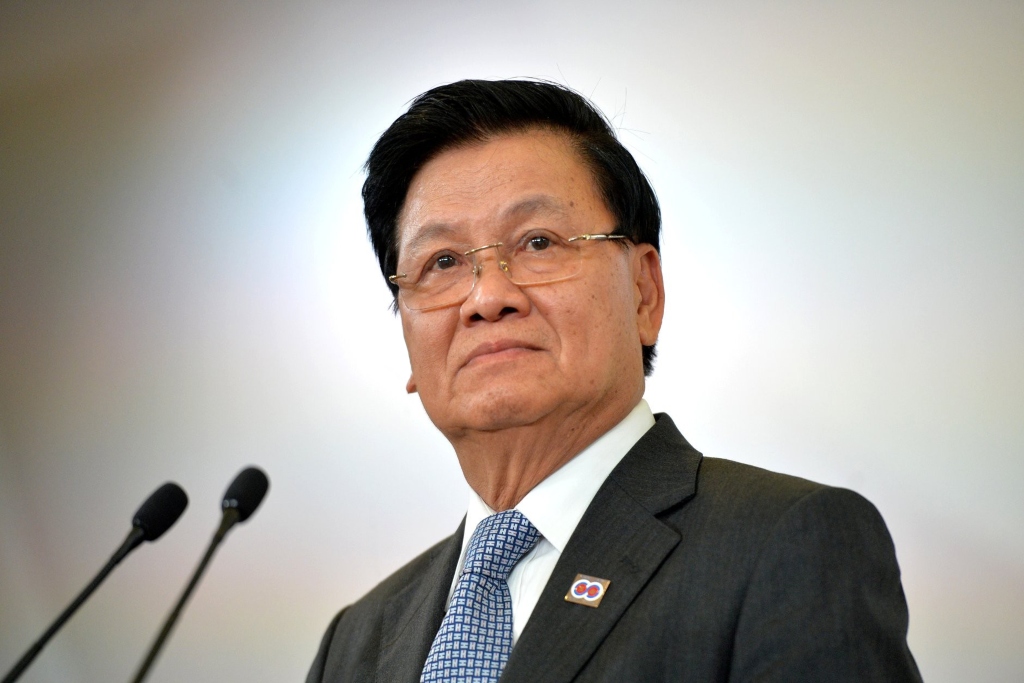
Thongloun Sisoulith is the General Secretary of the Lao People’s Revolutionary Party (LPRP) and the country’s President, a dual role he’s held since 2021. Source: Wikimedia Commons
Thongloun Sisoulith
Thongloun Sisoulith is the President of Laos.
He pursued his early education in Laos and his higher studies in the former Soviet Union.
He earned a Master’s in Linguistics and Literature from Herzen Pedagogical Institute in Leningrad and a PhD in History of International Relations from the Academy of Social Sciences in Moscow.
Disclaimer: This article was last updated on January 7, 2026.










